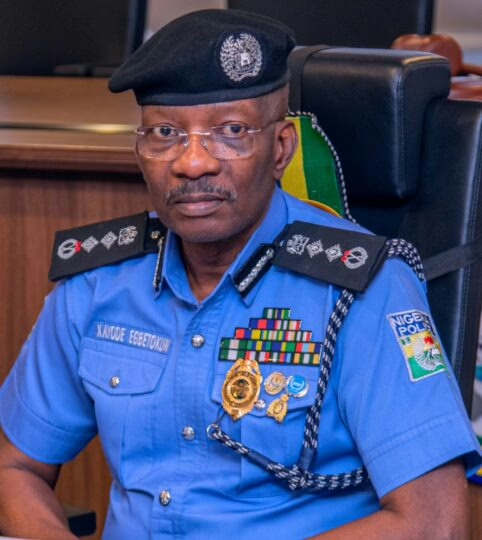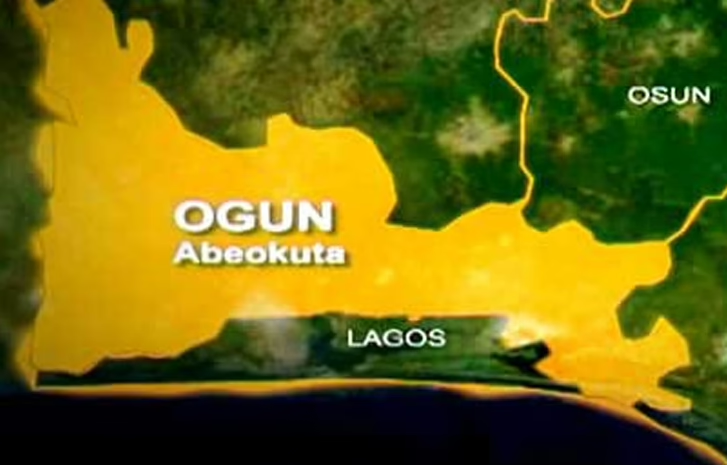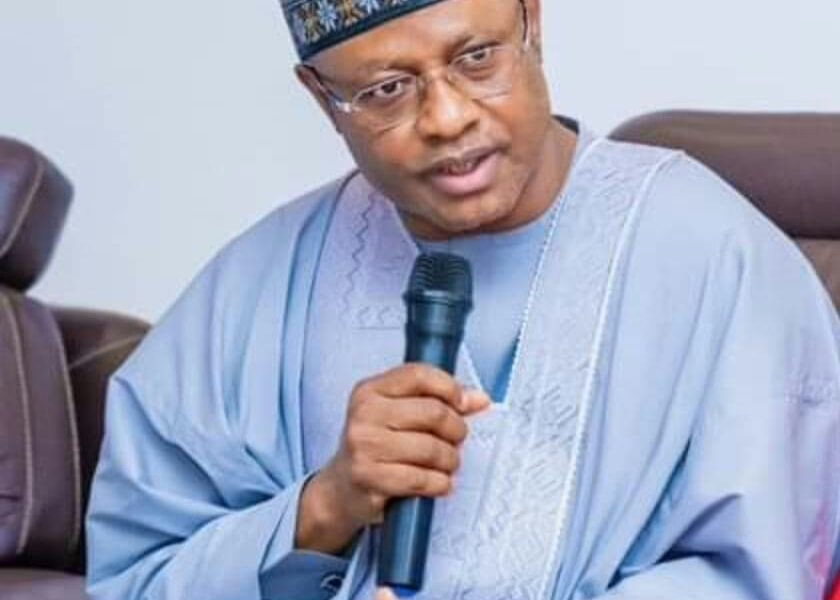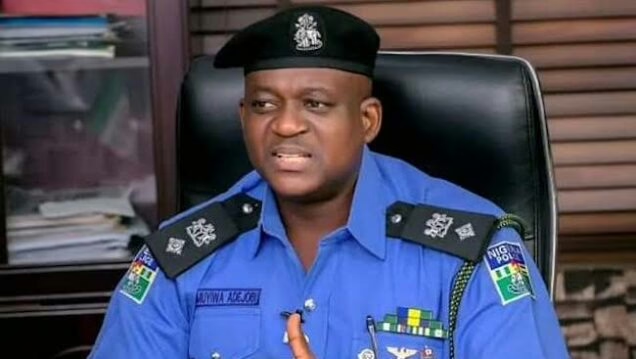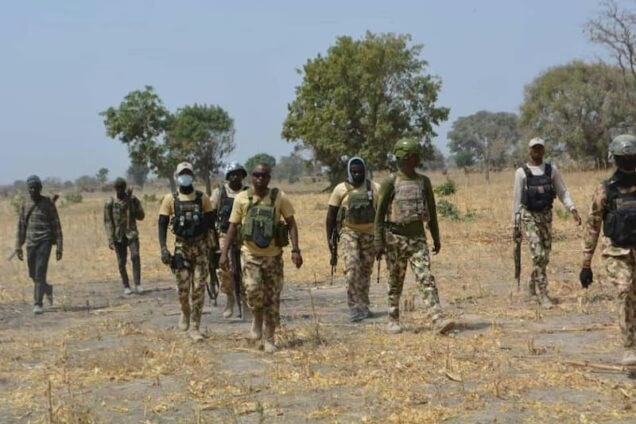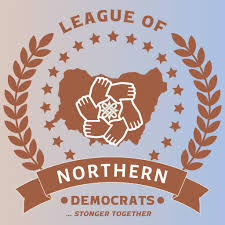Nigeria’s former President, Olusegun Obasanjo on Thursday lamented that the nation is not making progress because of lack of conversations across fault-lines and primordial proclivities.
Obasanjo, who delivered keynote address, titled: “Respecting the Principles of Democracy, “at the International Conference On “Deepening Democratic Culture And Institutions For Sustainable Development And Security In Nigeria” at the Dr. Obi Wali Convention Centre, Port Harcourt, Rivers State, said “Everyone in this room, whether we admit it or not, is an expert in Nigerian politics.
“We all have opinions and we have prescriptions for all the problems of Nigeria. Yet, the country is not making progress. Most of us are experts in what we know little or nothing about and ignoramus in what is our duty and responsibility.
“We have tried all sorts of regimes, ideologies, planning strategies and personalities in power: the so-called new breed did not show that they were different. Equally, states run by professors, retired military officers and other professionals including teachers did not experience visible and substantial improvements.”
Obasanjo admitted that there had been some outstanding leaders at various levels of power but that no tree had ever made a forest, as the good ones were few and far in between and did not form critical mass.
He argued that “the lack of conversations across fault-lines and primordial proclivities mean that our leaders are unable to share ideas and have durable and sustained policies for long enough time.
“This prevents useful cooperation, collaboration, stability and sustainability. It means that whatever best practices are in one location remain there and may die there. If after six decades of political independence, our leaders are not showing clear capacities to provide a transformative leadership that unites Nigerians and contains ethnic, religious, regional and clannish, selfish, even class proclivities, then, there is a problem.”
Obasanjo added that it was not possible to declare that the ways in which the nation had practised her democracy had deepened contradictions, negative coalitions, distrust, disloyalty and unpatriotic tendencies within and between communities and constituencies all over the country.
“Again, this means that there is a deep structural and philosophical problems that we must deal with. We have tended so far to pursue the symptoms of the contradiction rather than focus on the causes and the disease remains stubbornly endemic. Unless we generate the courage and commitment to change course and do things better and differently, we may be heading for more trouble ahead,” he stated.
According to the former president democracy is possible in Nigeria, saying the nation had the capacity to build a culture of democratization.
“However, we must recognize and accept the fact that it is an evolutionary process with principles. We must also appreciate the fact that it does not mean that all problems will disappear overnight, rather, with strengthened and independent institutions, a democratic system will empower us to effectively and efficiently manage the contradictions and challenges in the system.
“Without retracing our political steps to the right direction, the current process will either not produce the right leaders or it will leave so many broken blocks on the path to governance and attract resources and energy away from the task of rebuilding Nigeria and consolidating our democratic practice.
“The result will be democratic quagmire, increased corruption, insecurity and survival of the fittest, richest and better connected with little or no recognition of merits. The implications and cost of such a scenario to our present and future can best be imagined,” he said.


